Description
Methylcobalamin is the biologically active form of vitamin B12 and is used in Japan
to treat peripheral neuropathy and megaloblastic anaemia. Methylcobalamin has
the ability to decrease levels of homocysteine, a molecule that can contribute to
neuronal degeneration which led to it being considered as a potential candidate for
ALS treatment.
Based on some small early-stage human studies, a Japanese pharmaceutical
company, Eisai, supported a Phase II/III clinical trial.
This trial was run between 2007 and 2014 in 51 sites in Japan with 360 participants.
The treatment regime was quite long (3.5 years)
(https://clinicaltrials.gov/ct2/show/NCT00444613), with participants receiving
placebo, or 25 or 50mg methylcobalamin twice a week via intramuscular injections.
Results from this initial trial showed that receiving methylcobalamin did not lead to
any significant differences either in survival rates or ALS functional scores, when
compared with placebo.
However, subsequent analysis of the data showed that methylcobalamin seemed to
have an effect in a sub-group of participants who received treatment earlier in their
disease journey (a year or less after symptom onset). These participants showed a
statistically significant decrease in the rate of disease progression (i.e., a decrease in
the rate of decline of the ALSFRS-R score), and also survived longer or took longer to
require ventilation support compared with the placebo group. The outcome of the
trial was published in January 2019 (“Ultra-high-dose methylcobalamin in
amyotrophic lateral sclerosis: a long-term phase II/III randomised controlled study”
https://jnnp.bmj.com/content/90/4/451).
However, this data was not considered sufficient for approval as an ALS/MND
treatment by the Japanese authorities because it was done after the initial study
results were obtained (post-hoc analysis) and such observations can be misleading.
In an attempt to validate the post-hoc findings, a new Phase 3 trial, JETALS
(https://clinicaltrials.gov/ct2/show/NCT03548311), was undertaken in 2017, which
focused on participants who seemed to respond well to the treatment from the first
trial i.e. those whose symptoms had begun within one year of enrollment and who
progressed at a moderate rate (defined as a 1–2 point decrease in their ALSFRS-R
scores over the three months preceding the trial).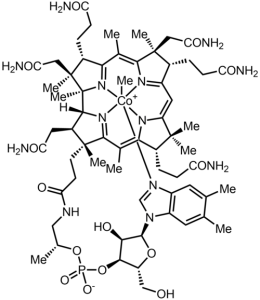
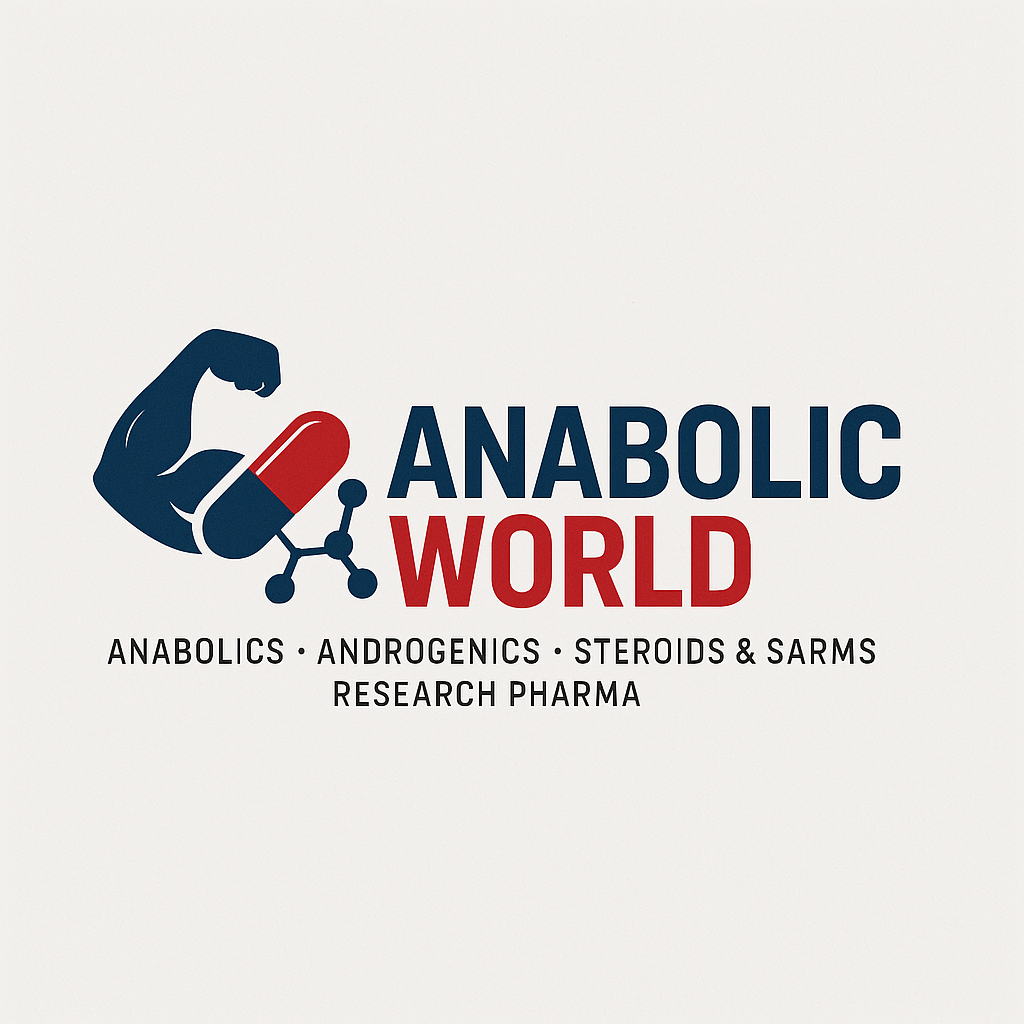
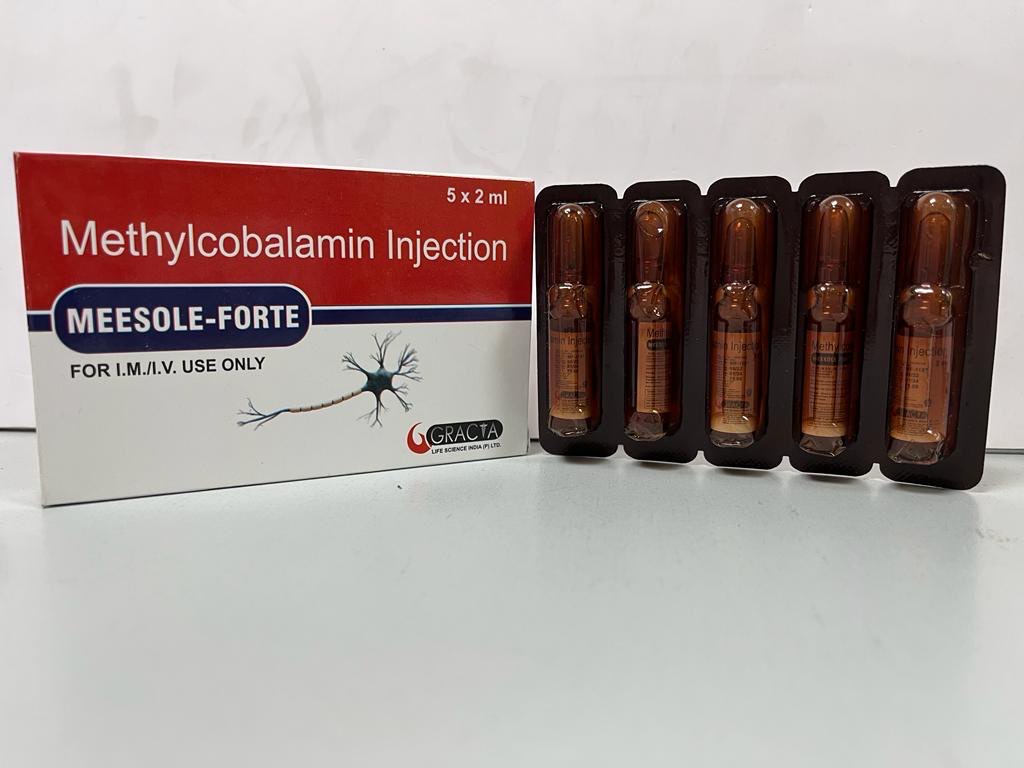
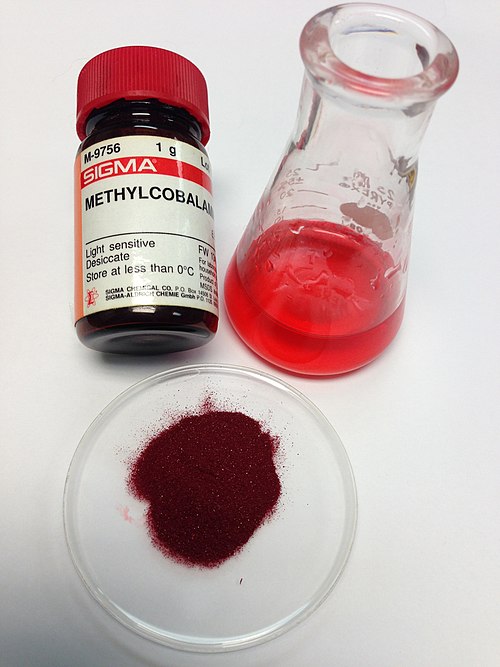
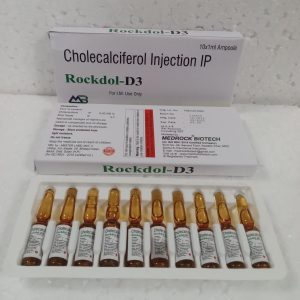
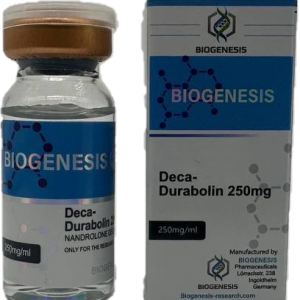
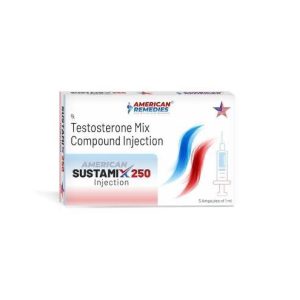
Reviews
There are no reviews yet.